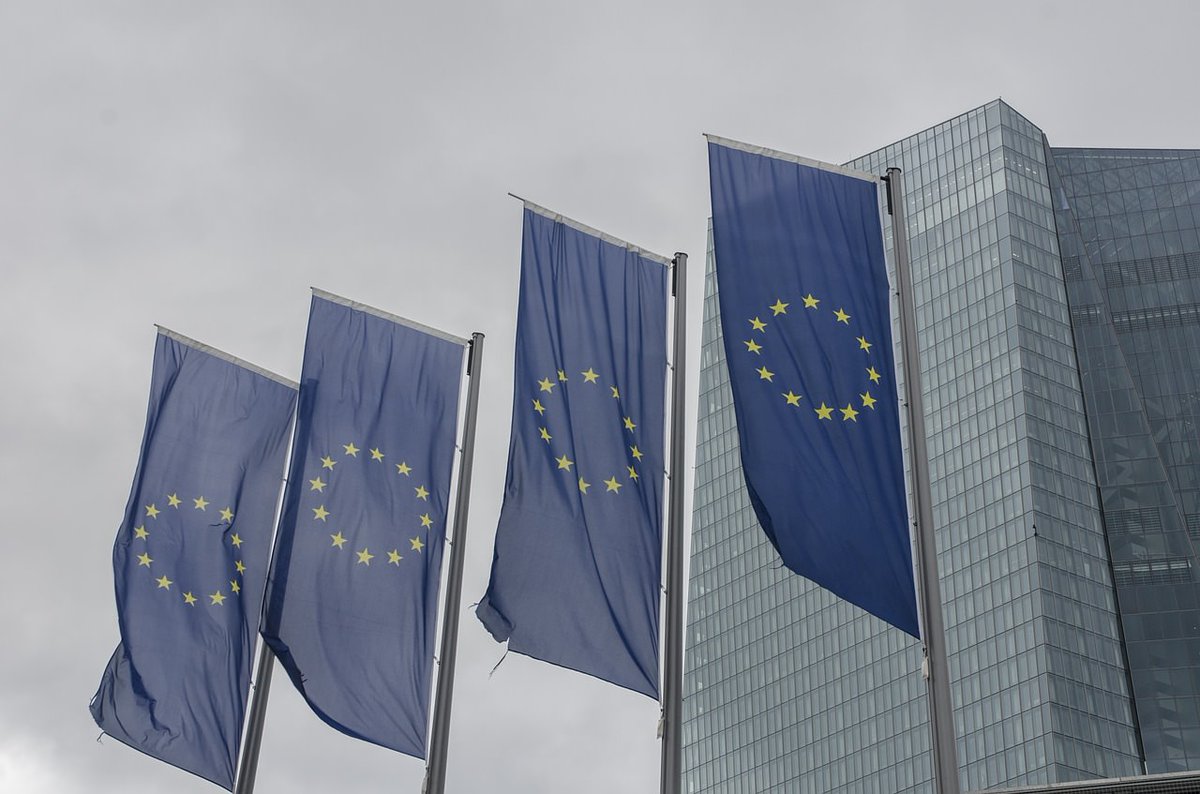
The Council of the European Union and its Parliament have reached a political agreement on the electricity market reform, which includes a transitional period until 2028, during which Poland will be able to support its coal-fired power plants.
EU flags. Picture by pixabay.com
The derogation in the agreement on the reform of the European Union electricity market design extends the permission for Poland (as well as Germany and other EU members) to apply the capacity market as a support mechanism until the end of 2028. This is the result of the actions of Polish members of the European Parliament, including Jerzy Buzek.
"The compromise reached between the European Parliament and the Council is important for two reasons," says Ryszard Pawlik, Jerzy Buzek's advisor. "The first is the possibility of maintaining the capacity market support for coal-fired power plants until the end of 2028. This is good news for Poland's energy security and reliability of power supply. This is particularly important in the context of the energy crisis, which, after all, we – as the European Union – are unfortunately still experiencing. That is also why we in the EP have been pushing hard for months for the possibility of extending this derogation," he said.
"The second reason is crucial, as the condition for extending this derogation is to present a clear plan of how and what we intend to replace the current coal units in the capacity market with once the derogation has expired, i.e. in 2029 at the latest. The idea is to use these extra few years to really engage in a thorough and actual energy transition, which will include a surge increase in RES availability together with the expansion of the grid and storage capacity. This is a great challenge, of which the new government is certainly deeply aware," professor Buzek's advisor told BiznesAlert.pl.
The reform introduces contracts for difference as the main tool to support new energy projects. The Council of the European Union will also be able to declare an energy crisis in the event of a sudden increase in wholesale energy prices. The agreement is provisional and has yet to be approved by these EU bodies.
Council of the European Union / Wojciech Jakóbik
The European Commission has approved public aid for the construction of an offshore wind farm installation port in Gdańsk. The funding will amount to 194 million euros and will take place within the framework of the National Reconstruction Plan.
Arkadiusz Marchewka, Secretary of State at the Ministry of Infrastructure, announced on X that the European Commission had granted public aid for the construction of an offshore wind farm installation terminal. The investment will be built in the port of Gdańsk, and financial support will amount to 194 million euros.
„The project is now entering the implementation phase,” Minister Marchewka said.
The installation terminal will enable the construction of offshore wind farms in the Baltic Sea. Wind turbines will be assembled on the site. The goal is to meet Poland’s green energy needs. In the future, it can also serve other countries of the Baltic Sea basin.
The government of Law and Justice has included the project in the National Reconstruction Plan (NRP). Due to a conflict over the rule of law with the European Commission, the money was halted. After the government of Donald Tusk came to power, the investments were audited, it was not confirmed whether the construction of the port will be implemented and whether EU funds will participate. The European Commission released the funds due to the fulfillment of the so-called milestones. In March, Katarzyna Pełczyńska-Nałęcz, Minister of Funds and Regional Policy, confirmed that the government wants to finance the installation port with NRP funds.
X / Marcin Karwowski









